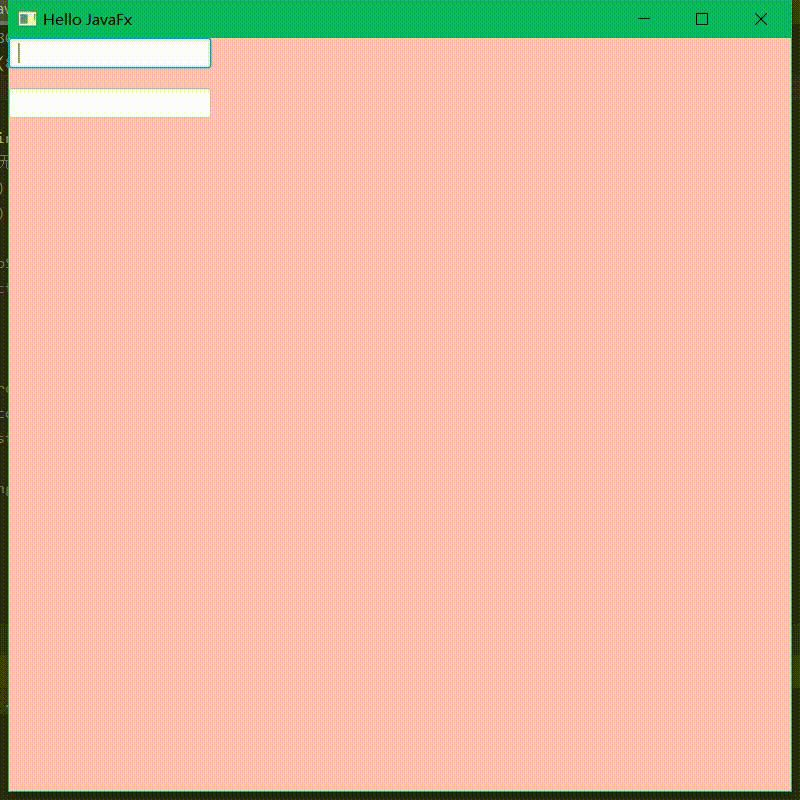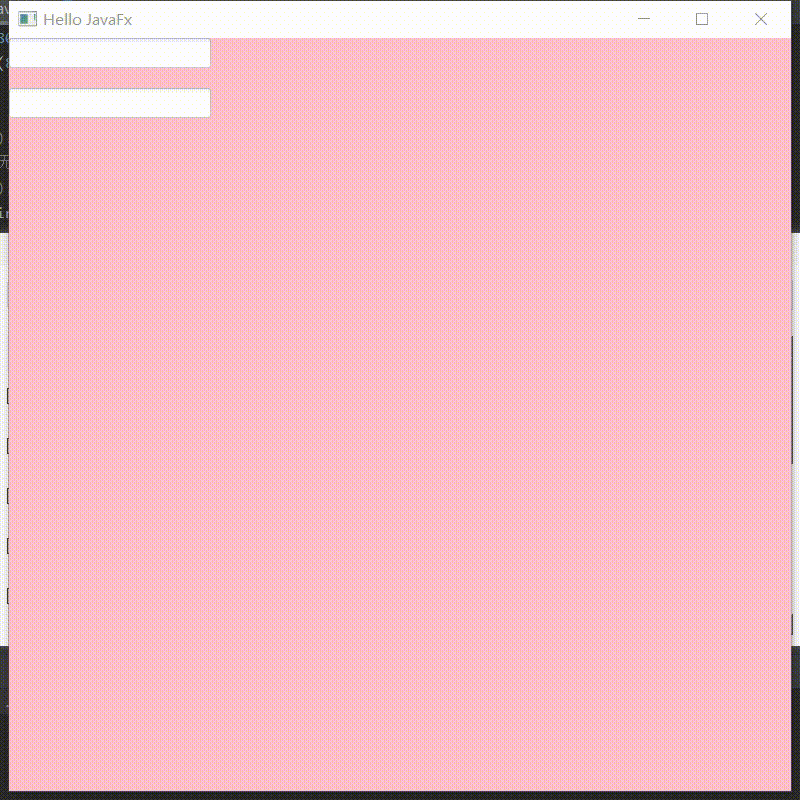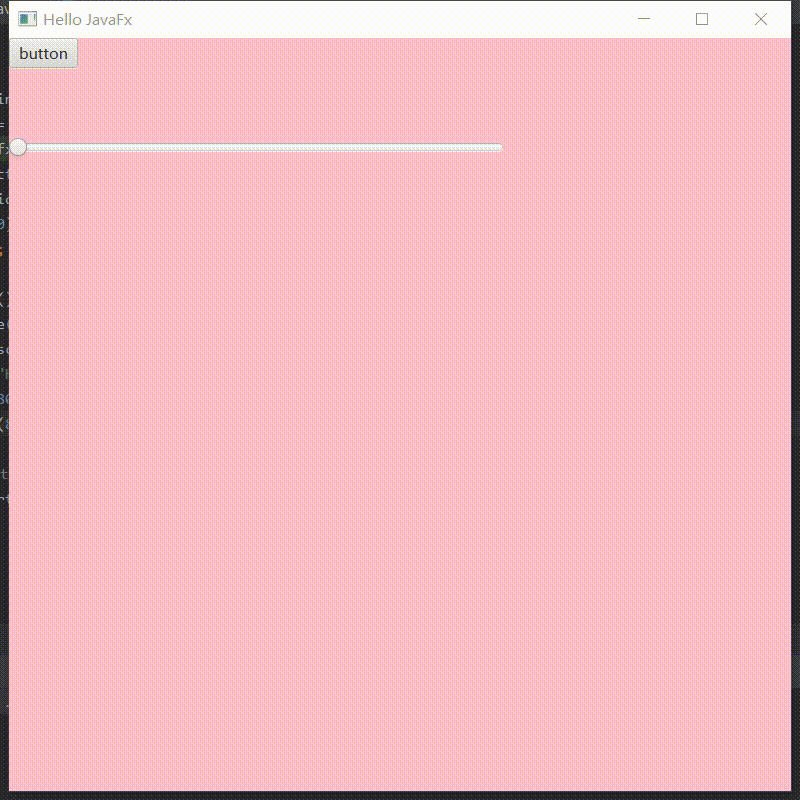单向绑定和双向绑定
初始化两个监视属性
SimpleIntegerProperty x = new SimpleIntegerProperty(1);
SimpleIntegerProperty y = new SimpleIntegerProperty(5);
单向绑定
x绑定y,绑定后x的数据会更新为y的数据
x.bind(y);System.out.println("x.get() = " + x.get()); System.out.println("y.get() = " + y.get());x.get() = 5
y.get() = 5y.set(10); System.out.println("x.get() = " + x.get());x.get() = 10
x.set(9);java.lang.RuntimeException: A bound value cannot be set.
// 判断是否被禁止修改值 System.out.println("x.isBound() = " + x.isBound()); System.out.println("y.isBound() = " + y.isBound());x.isBound() = true
y.isBound() = false- 解绑
x.unbind();
- 解绑
双向绑定
x双向绑定y,绑定后x的数据会更新为y的数据
x.bindBidirectional(y);System.out.println("x.get() = " + x.get()); System.out.println("y.get() = " + y.get());x.get() = 5 y.get() = 5
x.set(30); System.out.println("x.get() = " + x.get()); System.out.println("y.get() = " + y.get());x.get() = 30 y.get() = 30
System.out.println("x.isBound() = " + x.isBound()); System.out.println("y.isBound() = " + y.isBound());x.isBound() = false y.isBound() = false
解绑
x.unbindBidirectional(y);或y.unbindBidirectional(x);
案例
单向绑定实现按钮大小随界面大小改变而改变使用prefWidthProperty,而不是widthProperty
button.prefWidthProperty().bind(anchorPane.widthProperty()); button.prefHeightProperty().bind(anchorPane.heightProperty());
双向绑定实现数据同步
text1.textProperty().bindBidirectional(text2.textProperty()); 重载方法
重载方法// 在文本框1中输入的文本会经过StringConverter处理,显示到文本框2;而文本框2输入的文本会直接显示到1,不经过StringConverter处理 text1.textProperty().bindBidirectional(text2.textProperty(), new StringConverter<String>() { @Override public String toString(String object) { return object; } @Override public String fromString(String string) { if (string.contains("5")) { return string.replace("5", "五"); } return string; } });
单向绑定,按钮位置随进度条改变使用translateXProperty,而不是LayoutXProperty
button.translateXProperty().bind(slider.valueProperty());效果图
